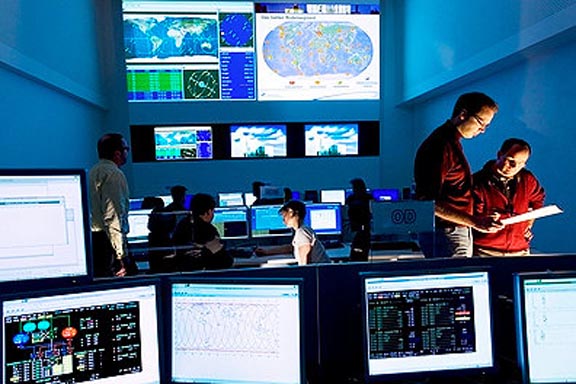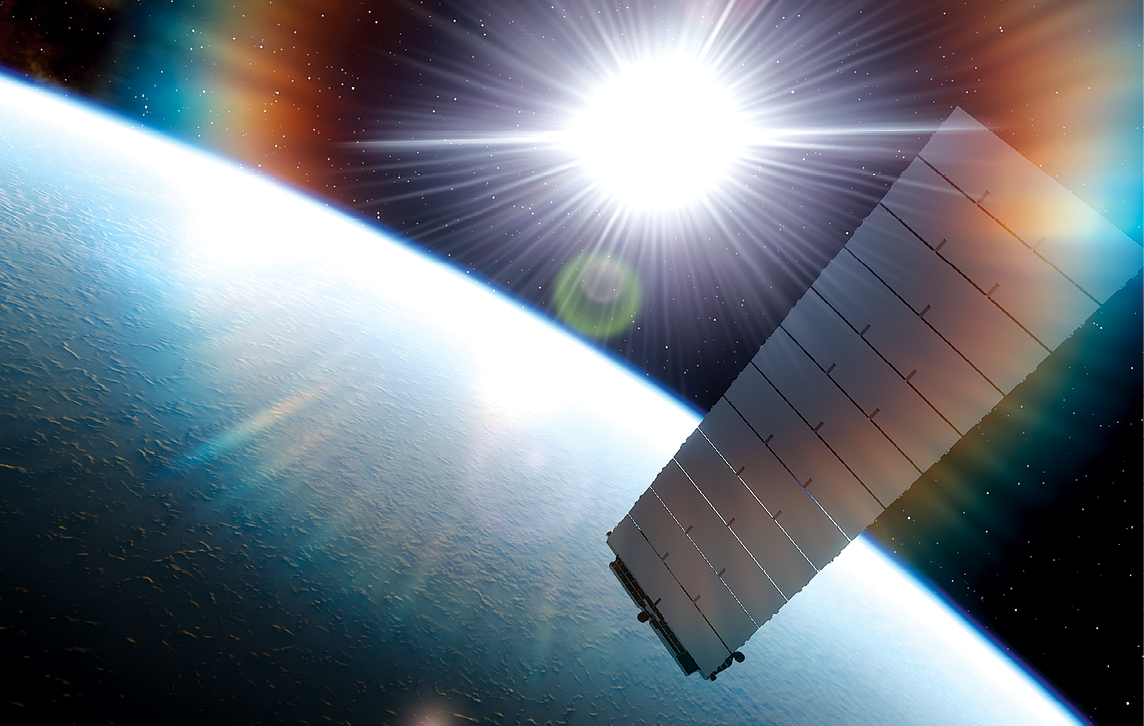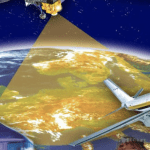Operational responsibility for two recently launched Galileo satellites has been handed over to the Galileo Control Center (GCC) in Oberpfaffenhofen, Germany.
Launched September 11, Galileo spacecraft numbers 9 and 10 (fully operational capability satellites 5 and 6) passed their initial check-out in space, allowing control to be transferred for their integration into the existing constellation. The satellites were handed over on September 19 and 20, respectively, to the GOC, managed by SpaceOpal.
Operational responsibility for two recently launched Galileo satellites has been handed over to the Galileo Control Center (GCC) in Oberpfaffenhofen, Germany.
Launched September 11, Galileo spacecraft numbers 9 and 10 (fully operational capability satellites 5 and 6) passed their initial check-out in space, allowing control to be transferred for their integration into the existing constellation. The satellites were handed over on September 19 and 20, respectively, to the GOC, managed by SpaceOpal.
“This was a beautifully smooth start to the mission,” said European Space Agency (ESA) mission director, Richard Lumb. “From liftoff through to handover to the constellation operator and beyond, this has been a textbook performance not only of the satellites but also for all the operations and manufacturer teams on the ground.”
Their individual lives began within four hours, as they separated from their rocket’s final stage, overseen from ESA’s ESOC operations centre in Darmstadt, Germany. The various satellite elements were methodically switched on, their health checked, and readied for work.
Liviu Stefanov, an ESA flight director, described the process as “one of the smoothest yet.”
Firings of the spacecrafts’ thrusters will resume around the end of October to stop the satellites’ drift and achieve final positioning in their orbits, guided by ESA’s European Space Operations Center (ESOC) flight dynamics team in Darmstadt, Germany.
The engineers from ESA and France’s CNES space agency are preparing for the next launch, scheduled for December. The early phase for Galileo satellites 11 and 12 (FOC 7 and 8) will be overseen from CNES in Toulouse, France, which alternates with ESOC as hosts.
The navigation payloads on FOC 5 and 6 still need to undergo detailed testing, led from ESA’s Redu center in Belgium with the support of both Oberpfaffenhofen and the second GOC in Fucino, Italy, which has oversight of Galileo’s navigation mission.
This phase ensures the latest satellites’ navigation and search and rescue payloads are operating normally, giving them a clean bill of health before they can join the Galileo constellation.






